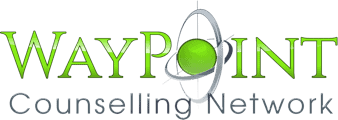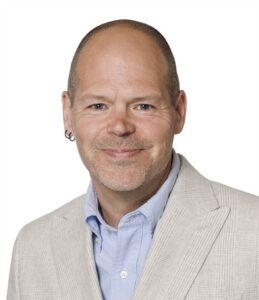Jay (he/him) is an experienced, dynamic, compassionate Canadian Certified Counsellor in Vancouver, offering therapy sessions in person, online, and by phone.
He knows you’re looking for help, but you’re also the expert on yourself—so counselling will be a collaboration. You’ll both be in the driver’s seat. Jay’s cozy office on W Broadway is a warm, protected place, but he also counsels virtually or by phone if that’s more convenient for you. Change and growth can be hard, so he’ll make sure you’re safe and comfortable while you work together.
He works with children, youth, parents, individuals and couples. His strength lies in helping you identify and celebrate your own unique strengths. He works on many areas including anxiety, depression, worries, stress management, workplace issues, trauma response and recovery, life changes, setting boundaries, separation and divorce, infidelity, grief and loss and celebrating 2SLGBTQ+ identities. He already knows you have some strengths, or you wouldn’t be looking for help right now. For years he has worked with people of all ages and all genders, individuals with different backgrounds and levels of development. His office is a refuge where you’ll be welcomed and celebrated. If you’re overwhelmed or stuck, or you’ve lost something precious, Jay can help. If your feelings are too intense, or you don’t even know what you’re feeling anymore, he can walk you through that fog. Jay gives you agency and control, and knows that you’re the expert on you. It’s your therapy, and you’ll be the one in charge.
Jay has special skills and training for treating children and teens. He makes connections, assesses strengths, solves problems, and celebrates breakthroughs with children and their caregivers. Jay spent years as a special educator and school counsellor. Areas of expertise in working with children include Autism Spectrum Disorder, ADHD, school refusal and self-harm and suicide risk.
Jay is humbled to have worked with Indigenous communities in the Prairies and on the West Coast, on and off reserve. As a descendent of settlers, he has been honoured to witness the healing power of ceremony and connection to the land. Culture truly is therapy.
Nobody needs a list of pretentious acronyms. But some people want to know things like this. Here are some of the models that inform Jay’s work:
• Gordon Neufeld’s attachment-based, developmental approach
• Carl Rogers’ client-centred therapy
• Gabor Maté’s work on trauma
• positive psychology
• cognitive behaviour therapy (CBT)
• harm reduction
• trauma-informed work
• narrative therapy
• culturally responsive counselling
Here are some examples of key ideas that may come through during therapy… Feelings aren’t problems; they’re valuable information, signposts, data. Baby steps are the surest way to start making changes. “The truth about stories is that that’s all we are.” (Thomas King). Some of our stories are crying out to be told. Your challenges are real; they don’t deserve to be compared to anybody else’s. Mixed emotions are a sign of maturity and good mental health. Jay knows it’s a cliché to say, “And how does that make you feel?” But it’s an important question, so he’ll try to ask it in a way that sounds as genuine as it is.
Client Focus: Adults, Children, Youth, Couples, Indigenous individuals and families, 2SLGBTQ+ identities
Types of Therapy: Cognitive Behaviour Therapy (CBT), Solution-Focused, Gottman Couples Method, Narrative, Play Therapy, Mindfulness, Existential Therapy, Attachment Therapy

